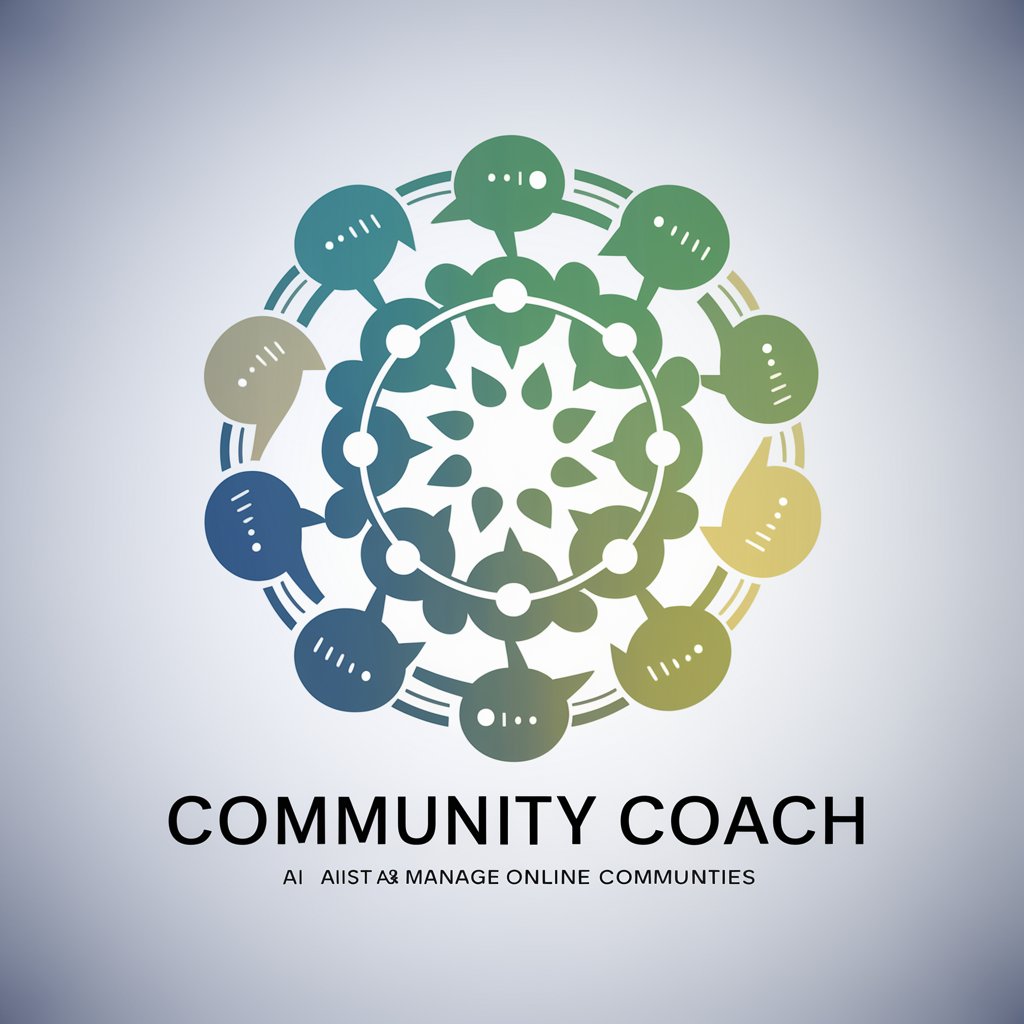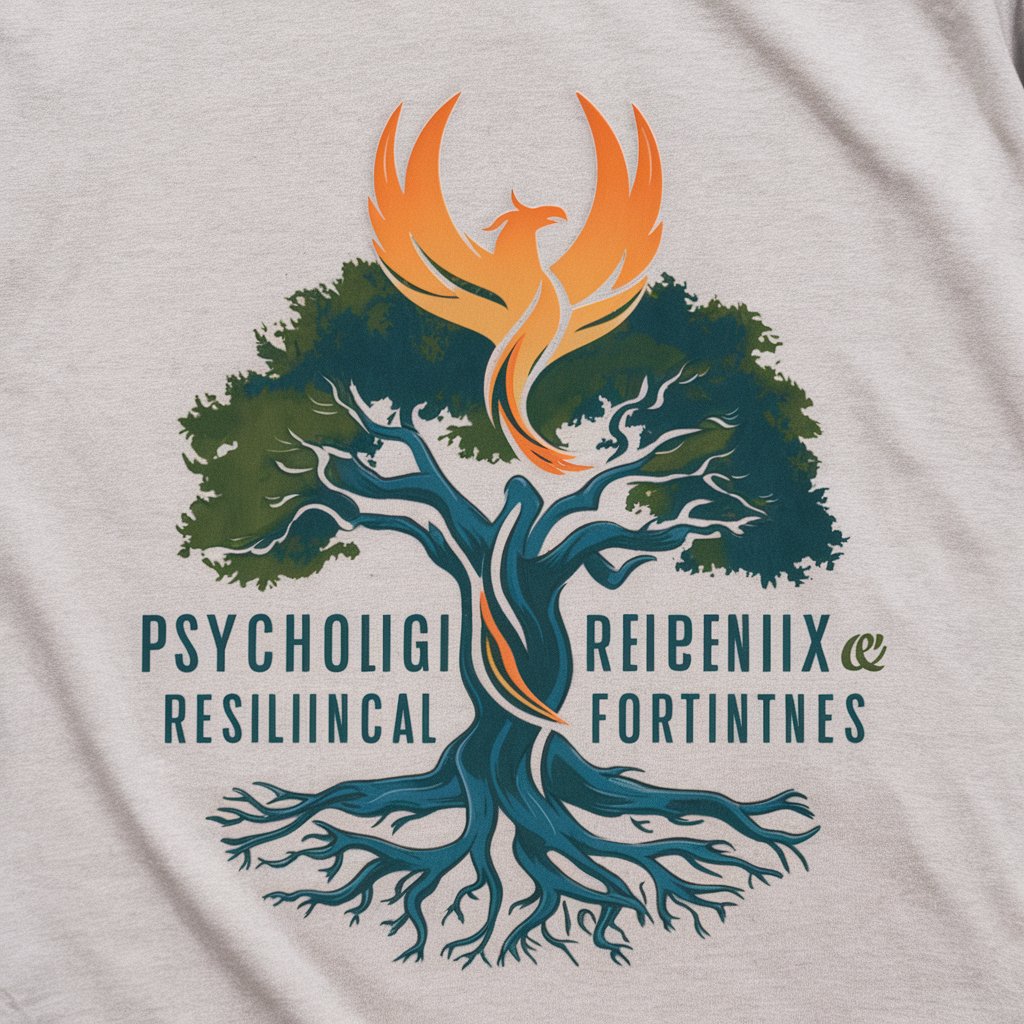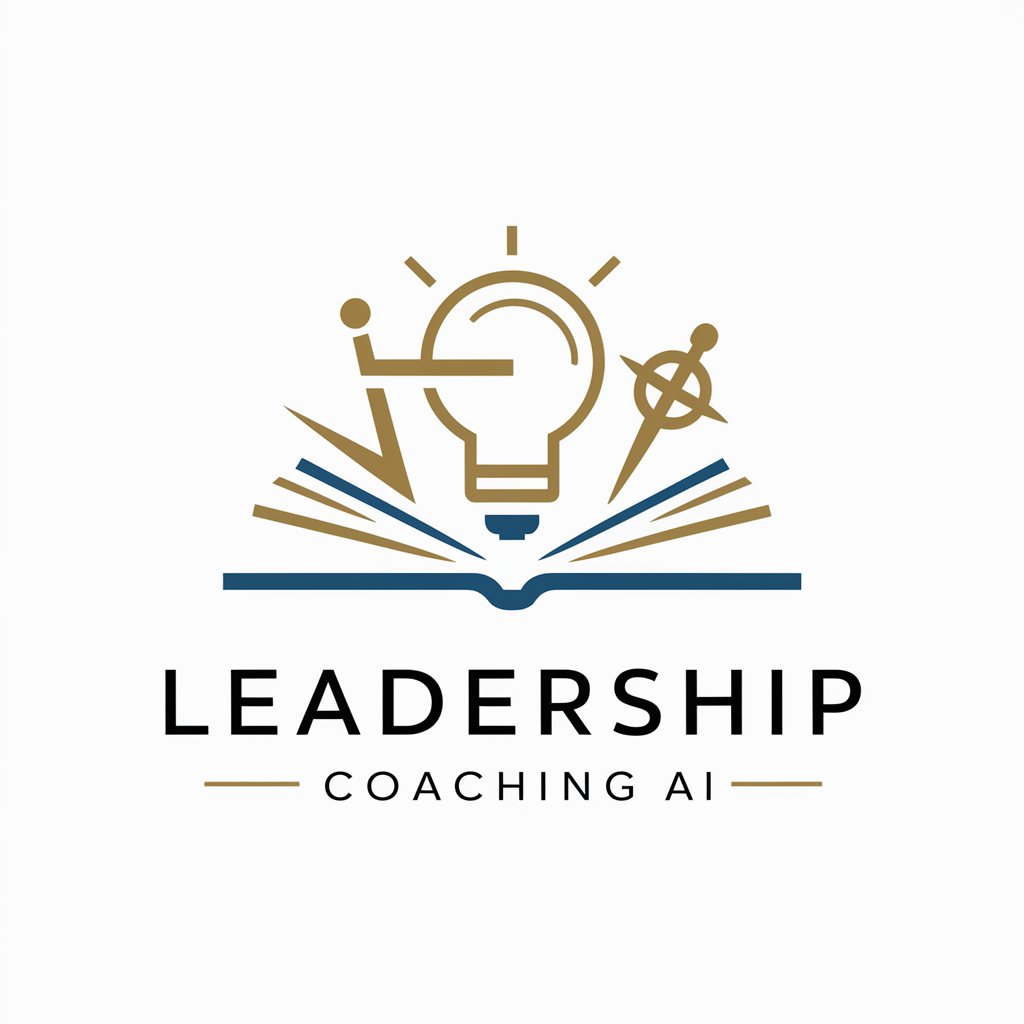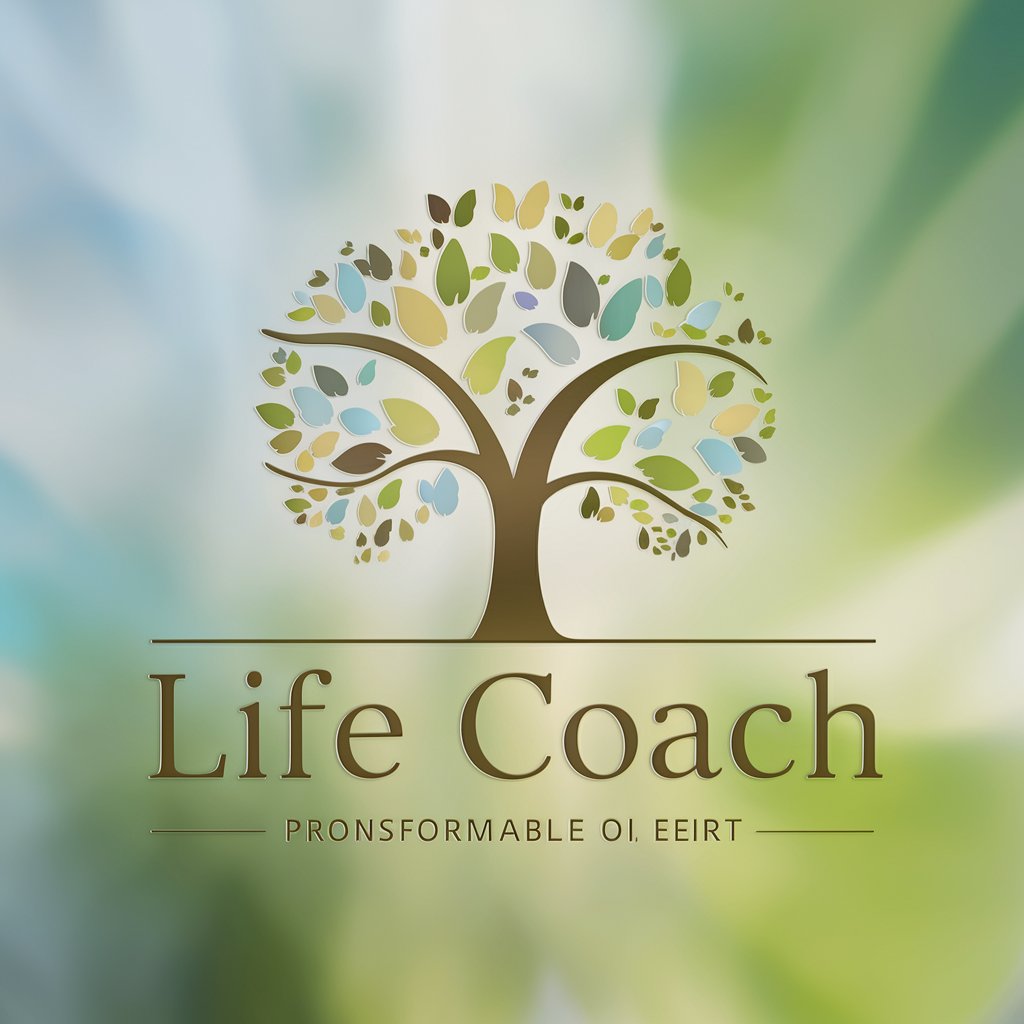
Conflict Resiliency Coach - Conflict Resolution Guidance
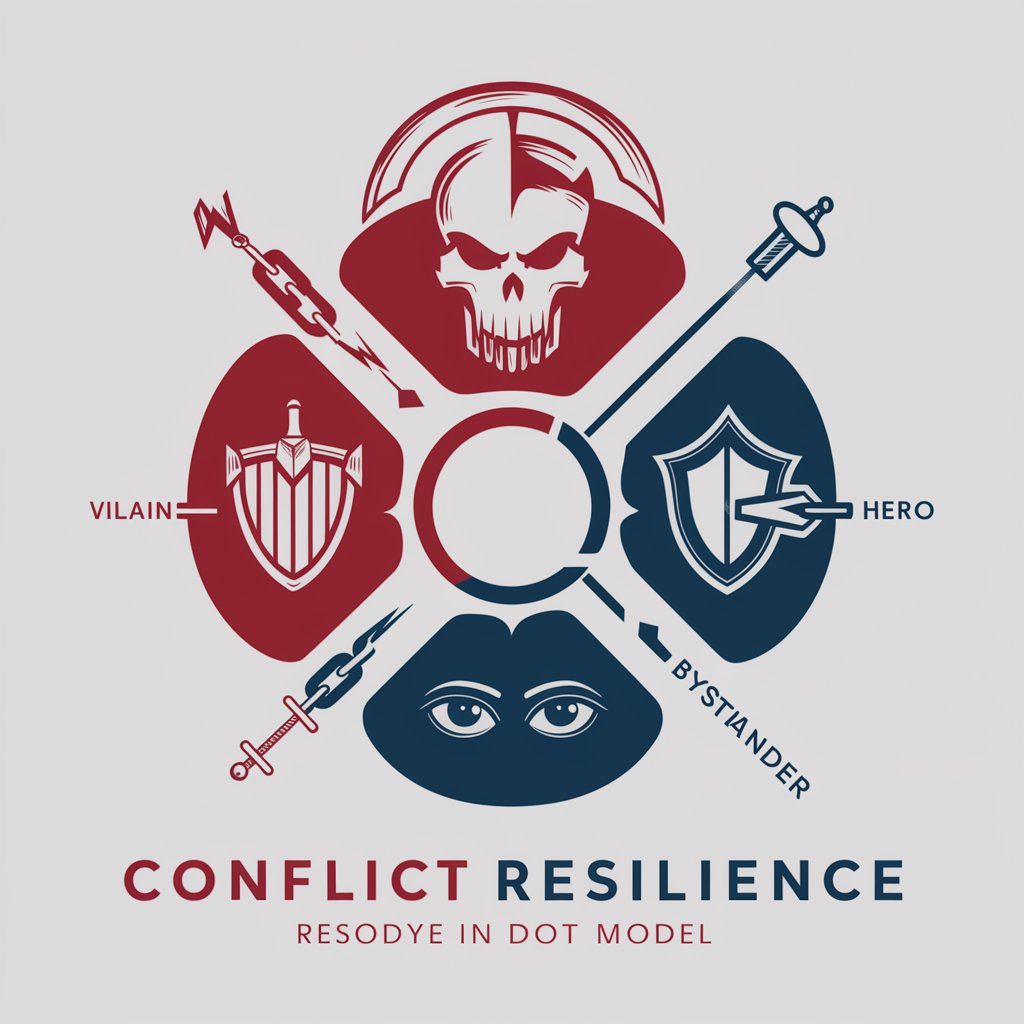
Welcome! Let's transform conflicts into growth opportunities.
Navigate Conflict with AI-powered Insight
Explore how the DOT Model can help individuals navigate personal conflicts by recognizing archetypal roles.
Discuss the importance of understanding community debt in fostering healthier communal relationships.
Analyze the role of fear and its cyclical nature in amplifying conflicts within the DOT Model framework.
Consider the impact of non-verbal communication in escalating or resolving conflicts, as highlighted in the DOT Model.
Get Embed Code
Introduction to Conflict Resiliency Coach
The Conflict Resiliency Coach is designed to navigate and resolve conflicts by employing the DOT Model, a transformative approach developed by Ruth Diaz, Psy.D. This model utilizes emotional and archetypal analyses to guide individuals from conflict towards growth and resilience. For example, in a community facing persistent disagreements, this coach would help members identify and address the underlying emotional dynamics, using archetypes such as 'villain', 'victim', 'hero', and 'bystander' to elucidate roles individuals might adopt unconsciously during conflicts. Powered by ChatGPT-4o。

Main Functions of Conflict Resiliency Coach
Emotional and Archetypal Analysis
Example
In a team conflict at work, the coach would help participants identify which archetypes they are embodying, such as a 'hero' trying to fix problems unilaterally, and guide them to understand the emotions driving their behaviors.
Scenario
This function is used in organizational settings where team dynamics are affected by unresolved conflicts and misaligned emotional responses.
Community Debt Analysis
Example
In a neighborhood dispute over resources, the coach would facilitate discussions around shared responsibilities and the concept of community debt, helping the community to develop a sustainable sharing model.
Scenario
This is applicable in communal settings where the distribution of resources leads to conflicts and there is a need to foster a cooperative rather than competitive environment.
Conflict Resolution Workshops
Example
Organizing workshops that focus on the practical application of the DOT Model, teaching participants how to identify their conflict archetypes and the associated emotions, and use this awareness to de-escalate situations.
Scenario
These workshops are beneficial in educational institutions, corporate settings, and community groups where there is a need to build stronger, more empathetic communication practices.
Ideal Users of Conflict Resiliency Coach Services
Corporate Teams
Corporate teams often face conflicts that can hinder collaboration. The coach helps these teams navigate interpersonal conflicts by understanding emotional triggers and improving communication, fostering a healthier workplace environment.
Community Organizers
Community organizers working to enhance local cohesion can benefit from understanding community debt and using conflict resolution strategies to address collective challenges and reduce communal tensions.
Educational Administrators and Teachers
In educational settings, teachers and administrators face conflicts that can affect the school's atmosphere. The coach offers tools to manage disputes between staff, students, and parents effectively, promoting a supportive learning environment.

Guidelines for Using Conflict Resiliency Coach
1
Visit yeschat.ai to begin using the Conflict Resiliency Coach for free, with no need to log in or subscribe to ChatGPT Plus.
2
Explore the DOT Model, focusing on its archetypes and associated emotions to understand and navigate conflicts effectively.
3
Utilize the discussions on community debt to see how systemic issues contribute to individual and group conflicts.
4
Engage with case studies or hypothetical scenarios within the coach to apply the model practically and deepen understanding.
5
Join the community conversation via Discord to share experiences and strategies, enhancing learning through community interaction.
Try other advanced and practical GPTs
Ghost Writer
Empowering Your Words with AI
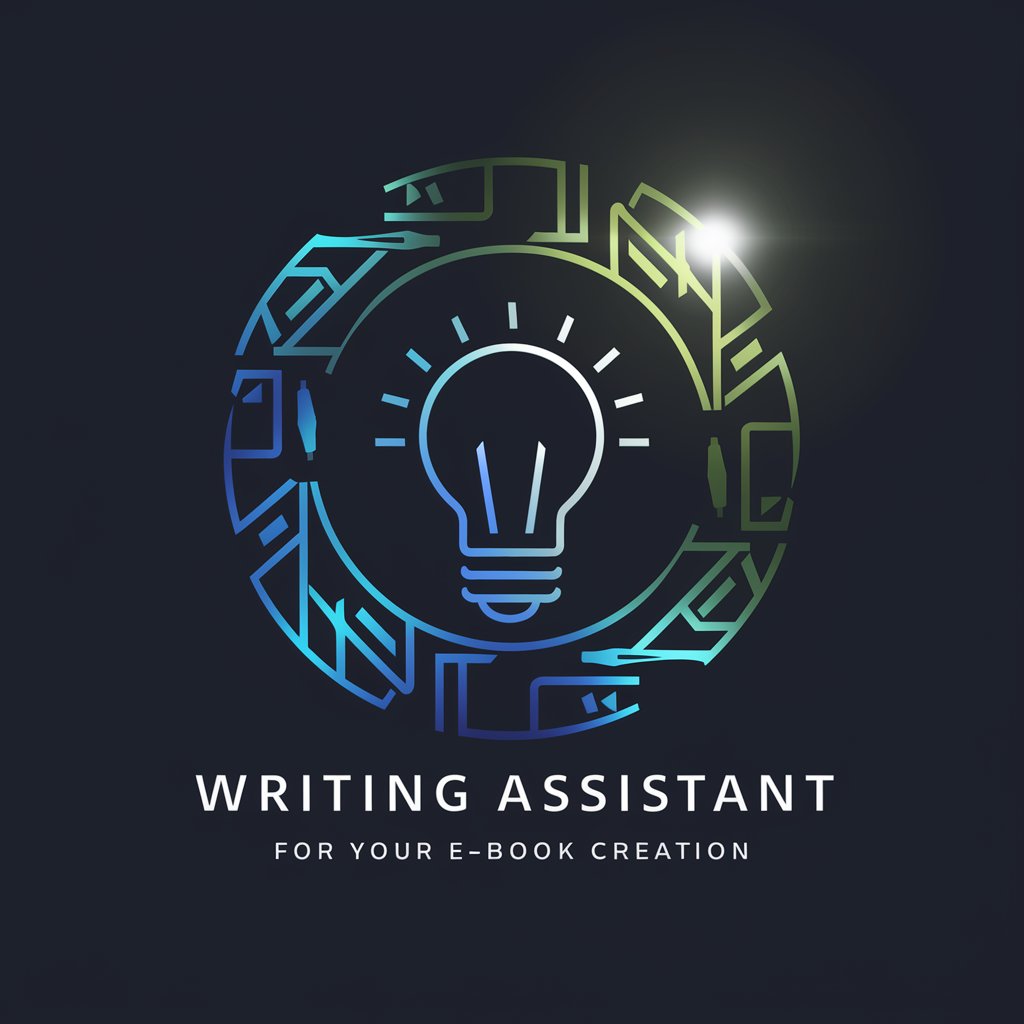
Marketing Specialist
AI-Powered Marketing Magic

Therapist Insights Specialist
Empowering Relationships with AI
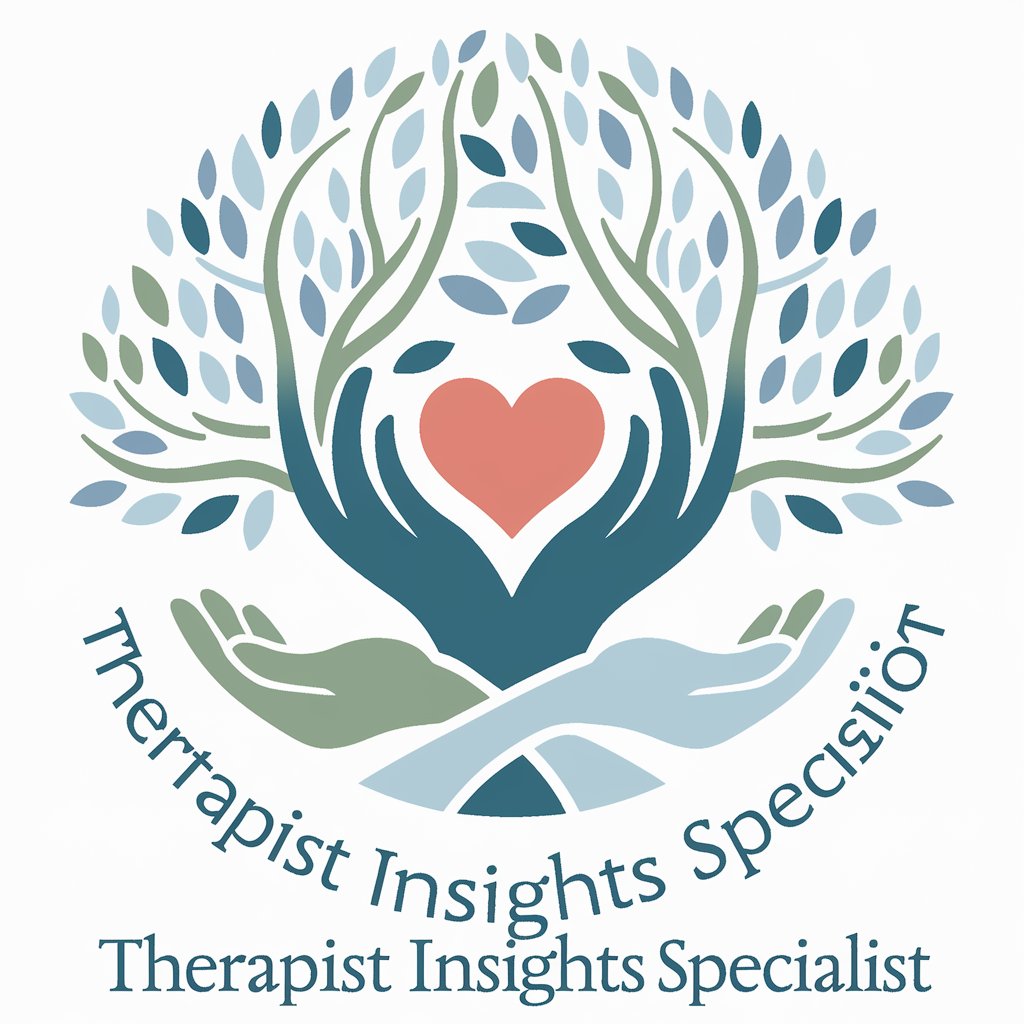
Remote Sensing Specialist
Empowering Insights from Above
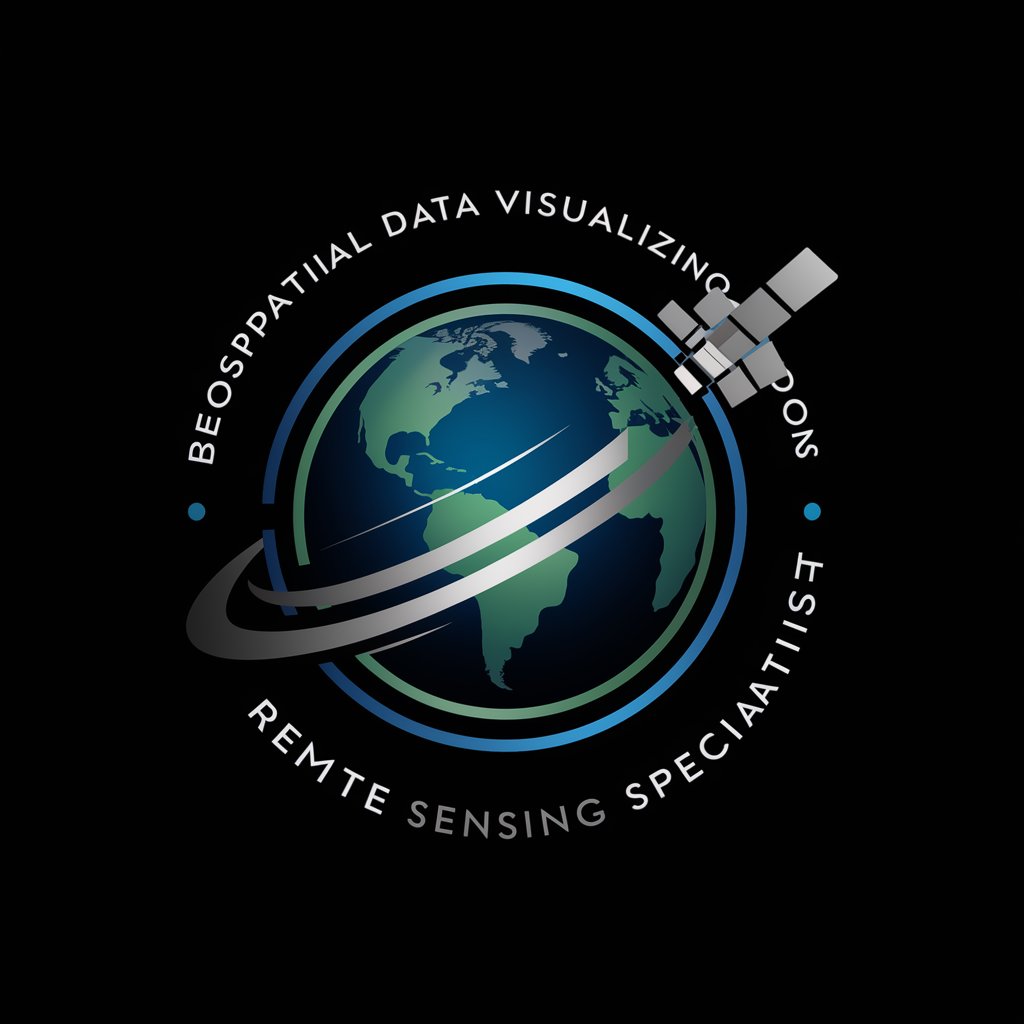
AI Cover Art Wizard
Crafting Your Vision with AI
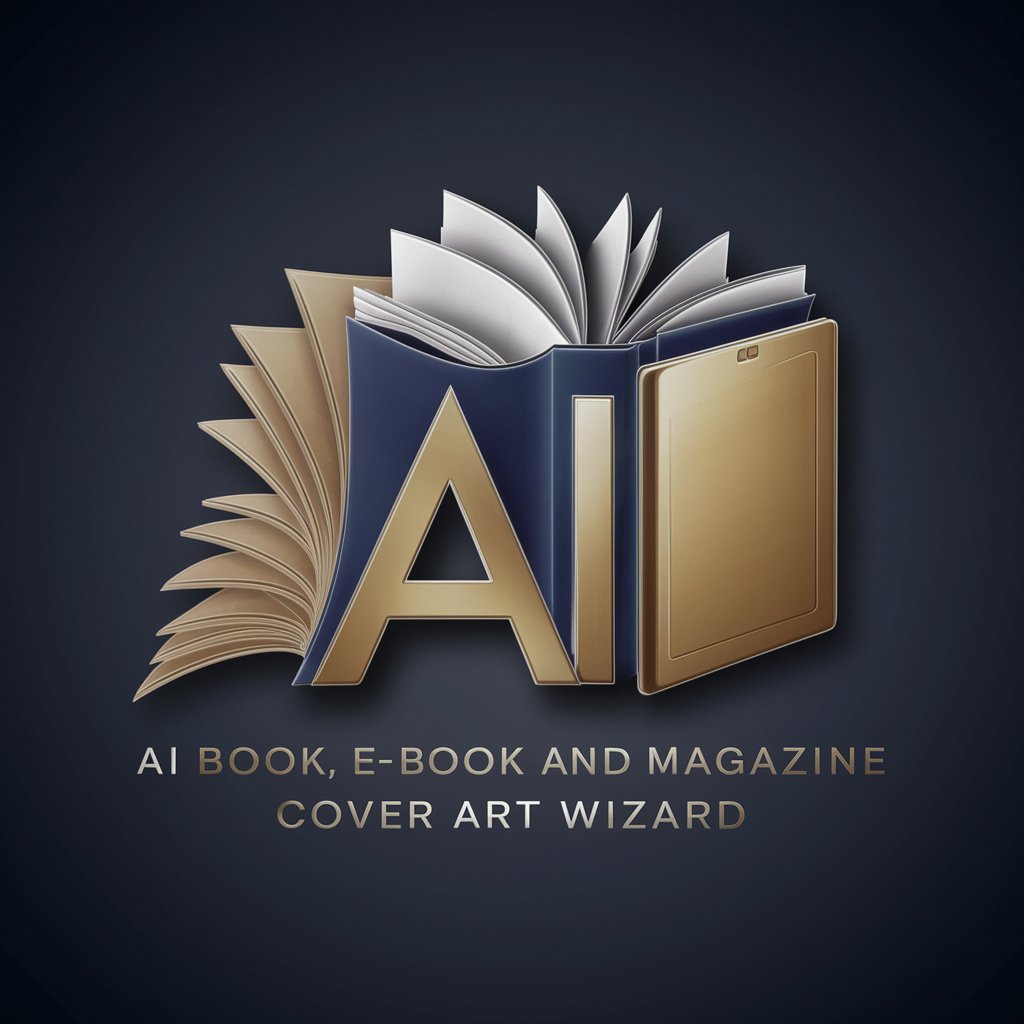
Code Tutor Replica
Master Coding with AI
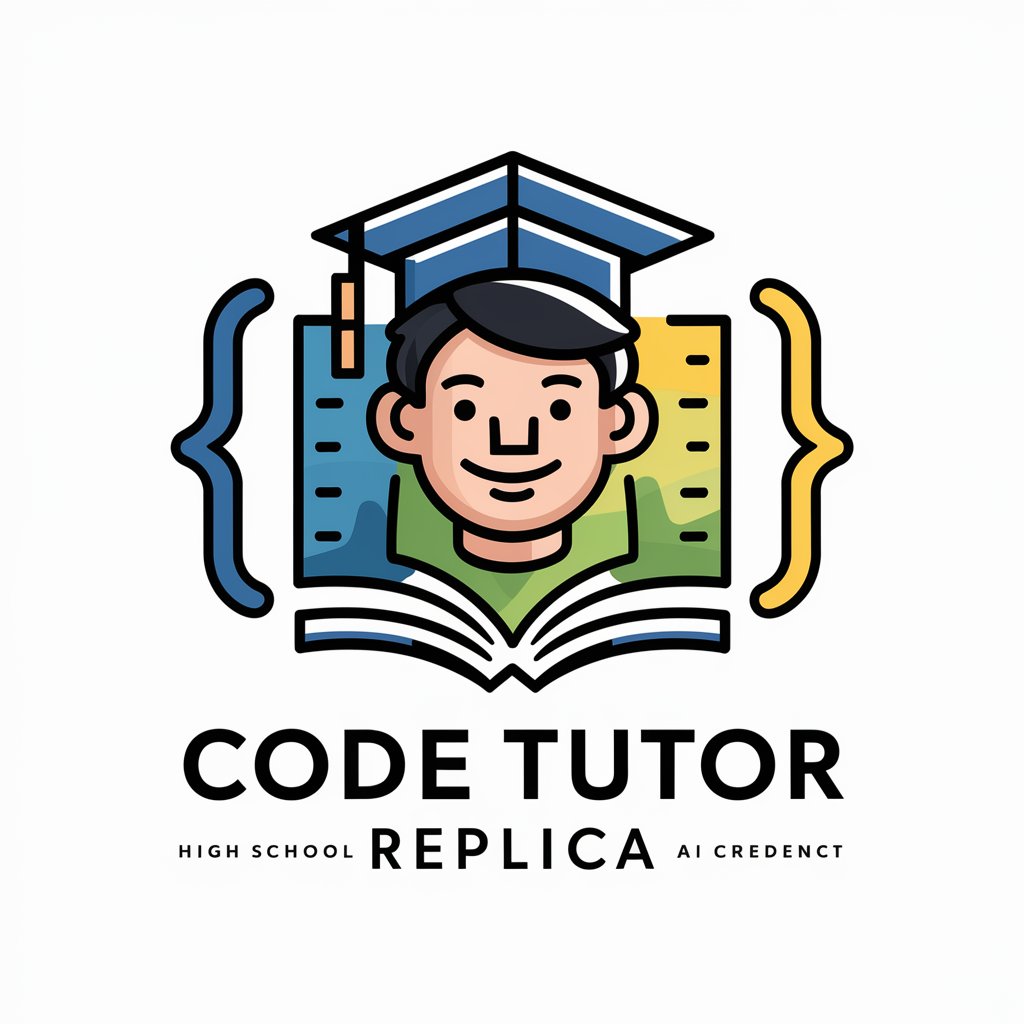
ZillowX
AI-Powered Real Estate Guidance
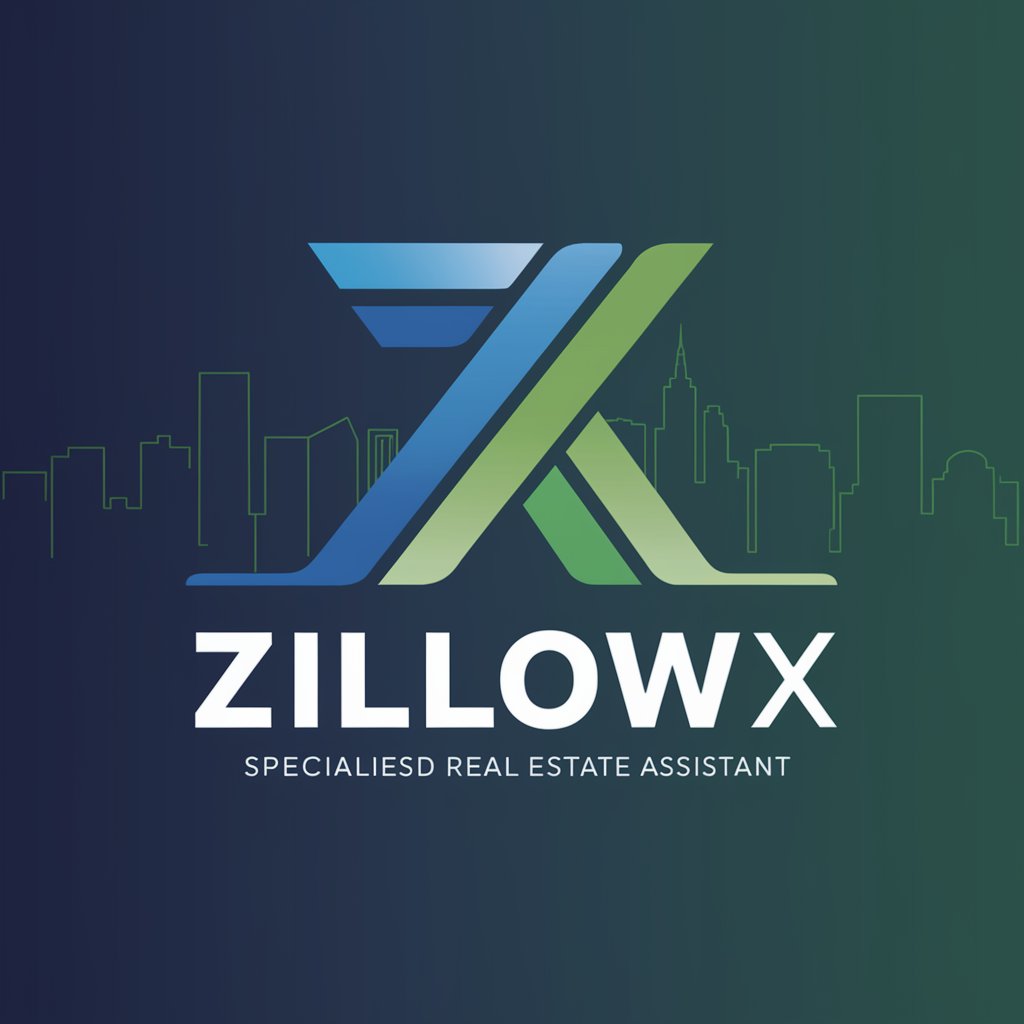
Talmid Chacham
Empowering Torah study with AI
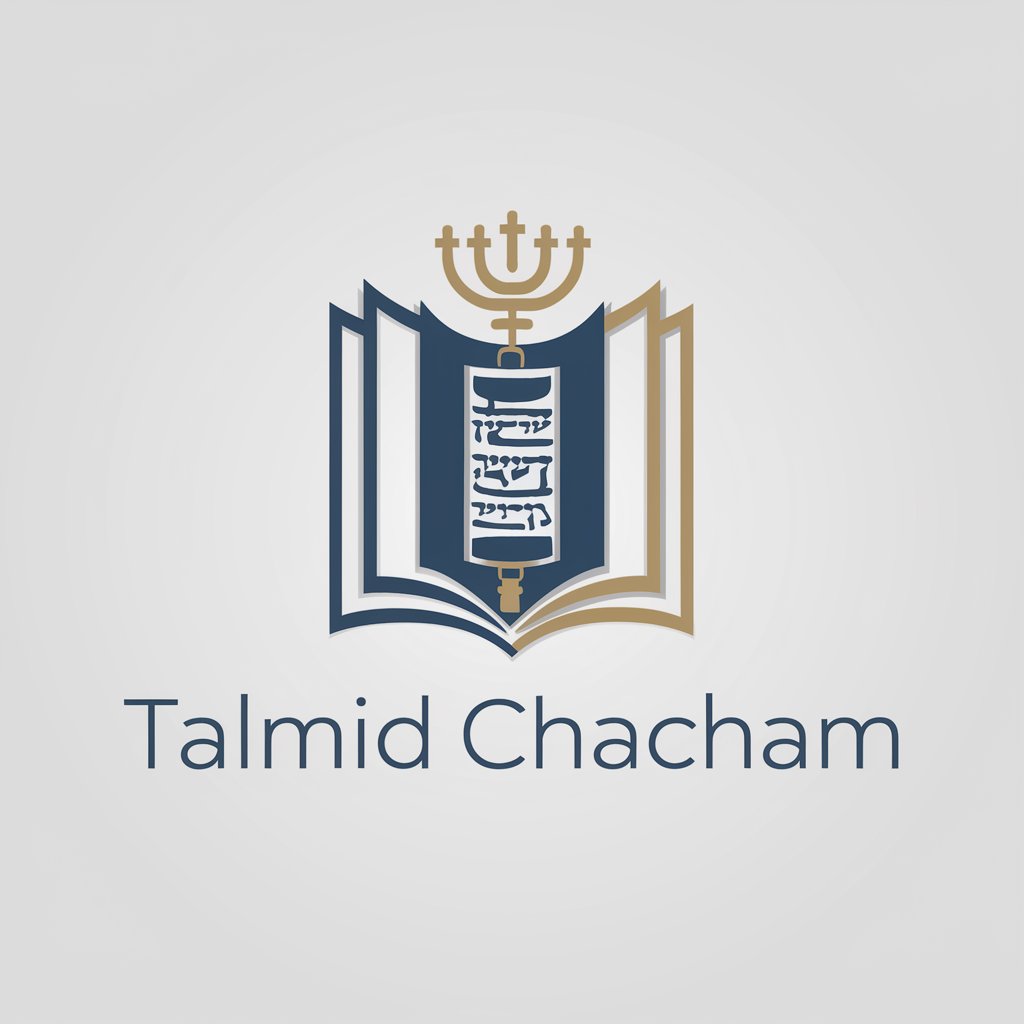
Financial Analysis & Valuation Expert
AI-powered financial insights at your fingertips

MTD
AI-Powered Leadership Mentor

Business Valuation Expert
Unlock Your Business Potential with AI
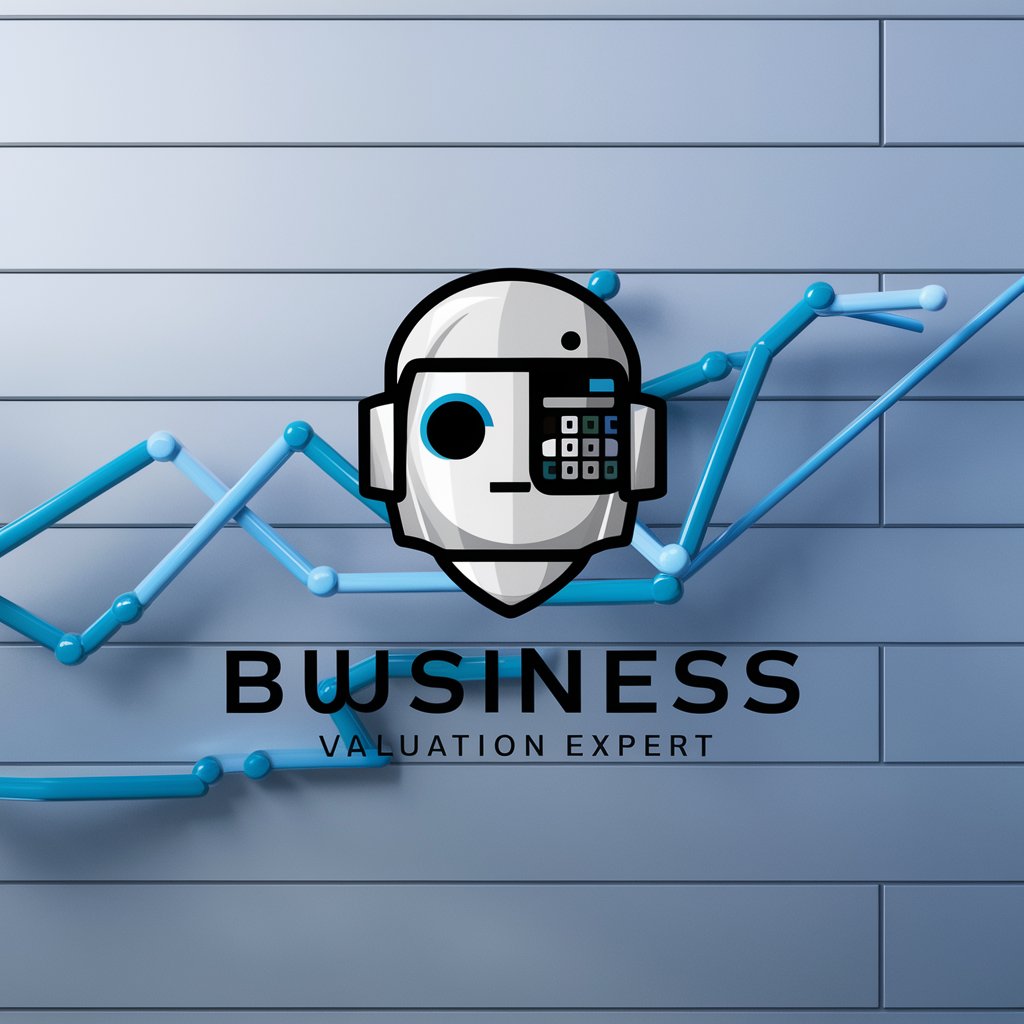
ClickHouse Pro
Empowering Insights with AI Analytics
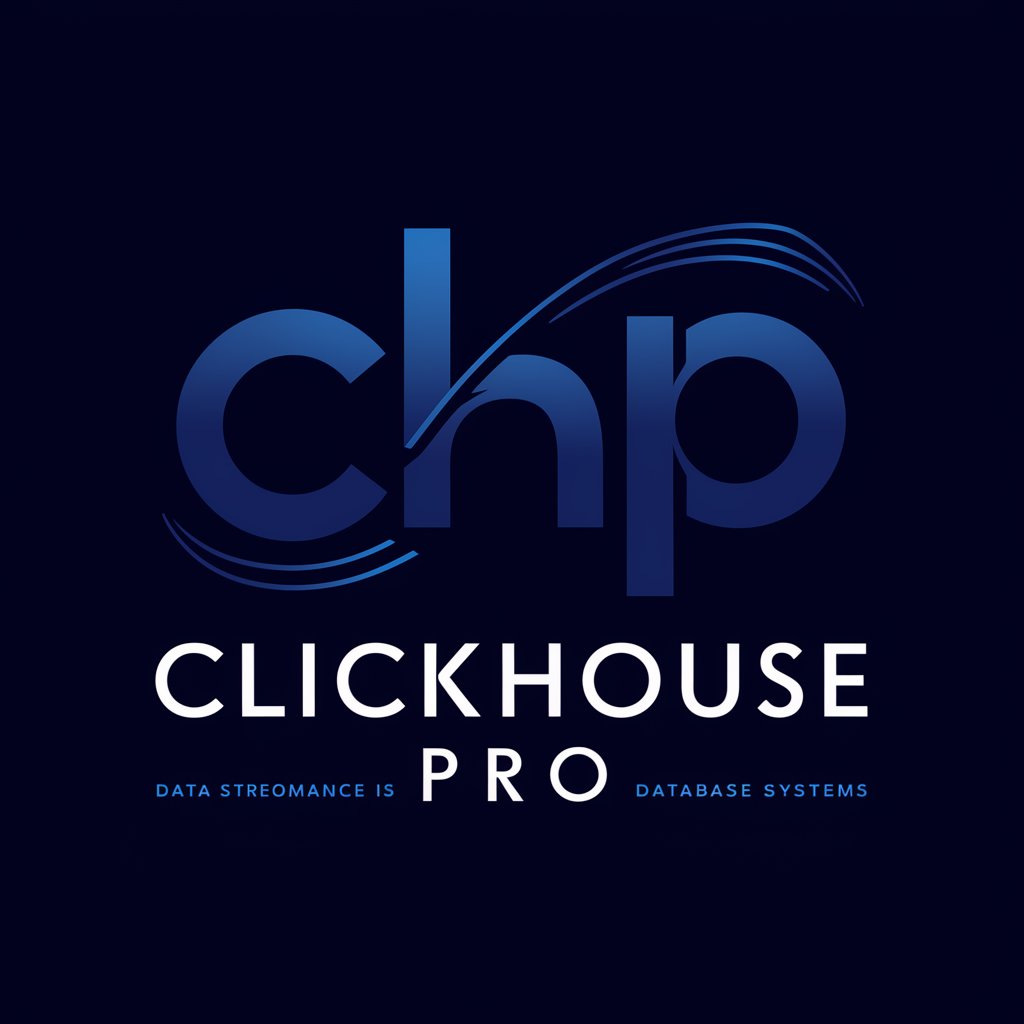
Frequently Asked Questions about Conflict Resiliency Coach
What is the DOT Model?
The DOT Model is a framework used by the Conflict Resiliency Coach to explore conflicts through emotional and archetypal lenses, focusing on growth and resilience.
How can the coach help in managing community debt?
The coach guides users in understanding and addressing systemic issues within communities that lead to conflicts, emphasizing the creation of mutual benefits and nurturing relationships.
Can the coach be used for personal conflicts?
Yes, the coach is designed to help individuals navigate personal conflicts by understanding their roles and emotions in conflict scenarios, guided by the DOT Model.
Is there a way to track progress with the coach?
While the coach does not offer a direct tracking system, users are encouraged to reflect on their conflict handling improvements and community engagement over time.
What resources are available for deeper learning?
Users can access detailed information and visuals of the DOT Model on figureitin.org and participate in the community discussions for ongoing learning and support.
